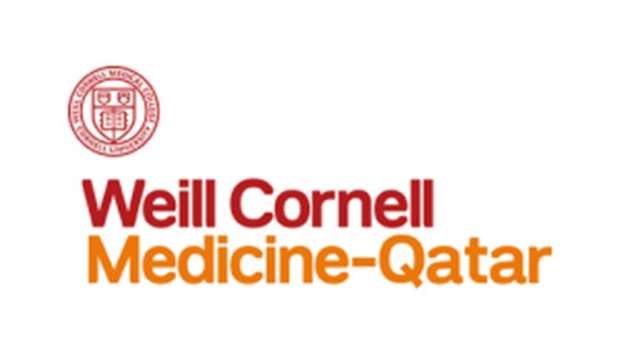For the study, WCM-Q experts conducted interviews in the native language of Arabic, Hindi, Urdu and English-speaking patients at these clinics.
The research reveals English is the dominant language in hospitals, and a widespread belief that poor English skills present barriers to care, which even some Arabic speakers found frustrating. Hindi and Urdu speakers reported encountering language barriers more than Arabic and English speakers. Patients reported using informal communication strategies, such as communicating through untrained nurses or family members, non-verbal communication, and mixing languages.
The research, carried out in partnership with Hamad Medical Corporation and the University of Michigan, is published in Journal of Health Communication. The paper is titled ‘Patient Perspectives on Language Discordance During Healthcare Visits: Findings From the Extremely High-Density Multicultural State of Qatar’.
Dr Ravinder Mamtani, professor of healthcare policy and research, WCM-Q said, “By learning to communicate with one another as effectively as possible we can maximise healthcare outcomes for all. We are very grateful to our associates at HMC for their extremely supportive attitude to this important piece of research.”
Huda Abdelrahim, a senior specialist of cultural competence in healthcare in WCM-Q’s Institute for Population Health, co-principal investigator and the lead author of the paper said, “This project is a great example of collaborative efforts to investigate cross-cultural issues in healthcare. More studies like this can help inform policies to eliminate healthcare disparities, ensure patient safety and augment healthcare outcomes for diverse populations.”
Dr Michael D Fetters, the principal investigator, professor and co-director, Mixed Methods Research and Scholarship Programme at the University of Michigan said, “In this paper we wanted to identify how language barriers diminish access to healthcare from the perspectives of patients themselves, as this information can be used to develop strategies to transcend linguistic differences and enhance healthcare access for all.”
The research findings will inform the importance and value of adopting interpretation services in healthcare institutions. The research recommendations include raising awareness of the critical need for professional interpretation in Qatar healthcare, offering written information in multiple languages, adding patients’ language preferences to their medical records, systematic reviewing of the current language services quality in Qatar hospitals and ensuring sustainability.

